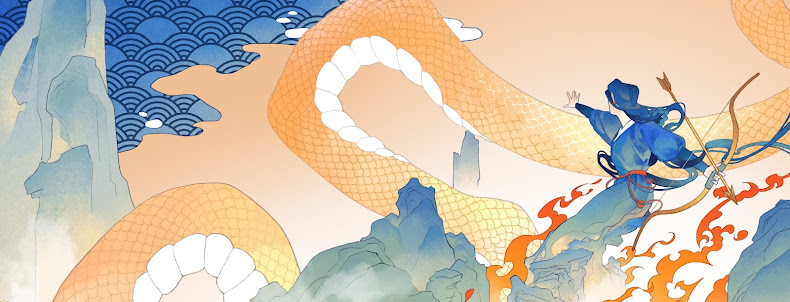Saturday, September 12, 2015
Empress Wu Zetian Hardly an Exemplary Chinese Female Role Model
British broadcaster BBC Two has aired two episodes of a 4-part documentary series which records the history of women from the bronze age right up to the present. I watched Episode 1 "Civilization" on Youtube last week and have just watched Episode 2 "Separation". Since Episode 2 is almost entirely about China and Chinese women, with a little about Japan, Vietnam and Korea, I've embedded below the Youtube clip of this episode for sharing.
I have a couple of brief comments on this episode. Firstly, in the opening scene, the renowned Song dynasty painting Along the River during the Qingming Festival (清明上河圖) by Song painter Zhang Zeduan is featured. The narrator erroneously says that the painting is a "fantasy image of the world the Emperor wanted his China to be". Of course her focal point on the insignificant and inferior role of women, who are conspicuous by their absence, is not incorrect. However, the painting is by no means a "fantasy image". It is in fact a realistic depiction of the landscape and real life, both rustic and urban, inside the capital Bianjing (now Kaifeng in Henan Province) during the Northern Song era. Details of daily life activities that are portrayed in the painting are corroborated by Song literary writings, the most eminent of which is a memoir written by Meng Yuanlao, titled The Eastern Capital: A Dream of Splendor (東京夢華錄).
While I completely agree with Dr. Foreman's view that Confucianism cast a long shadow on Chinese women's status in the family and in society, I'm baffled by her elevating Empress Wu Zetian to a female role model status. I do understand her motive in trying to paint the Empress in a meritocratic light from a feminist's angle, but the whitewashing of her vileness and brutality is, in my view, not warranted at all. Wu Zetian was by all accounts a viperish and vengeful mass murderer, not sparing even her own infant daughter and adult son (if what most historians believe to be true is in fact true). Perhaps picking Empress Wu as an exemplary female role model is less than ideal. I would've chosen Mongolian-born, free-spirited Qing Empress Dowager Xiaozhuang, who ruled not by power and suppression, but by educating her imperial offspring about open-mindedness, compassion and tolerance.
On the whole though, I find both Episode 1 and Episode 2 of the documentary informative and educational, and would highly commend Dr. Foreman for her efforts.
Subscribe to:
Post Comments (Atom)

No comments:
Post a Comment